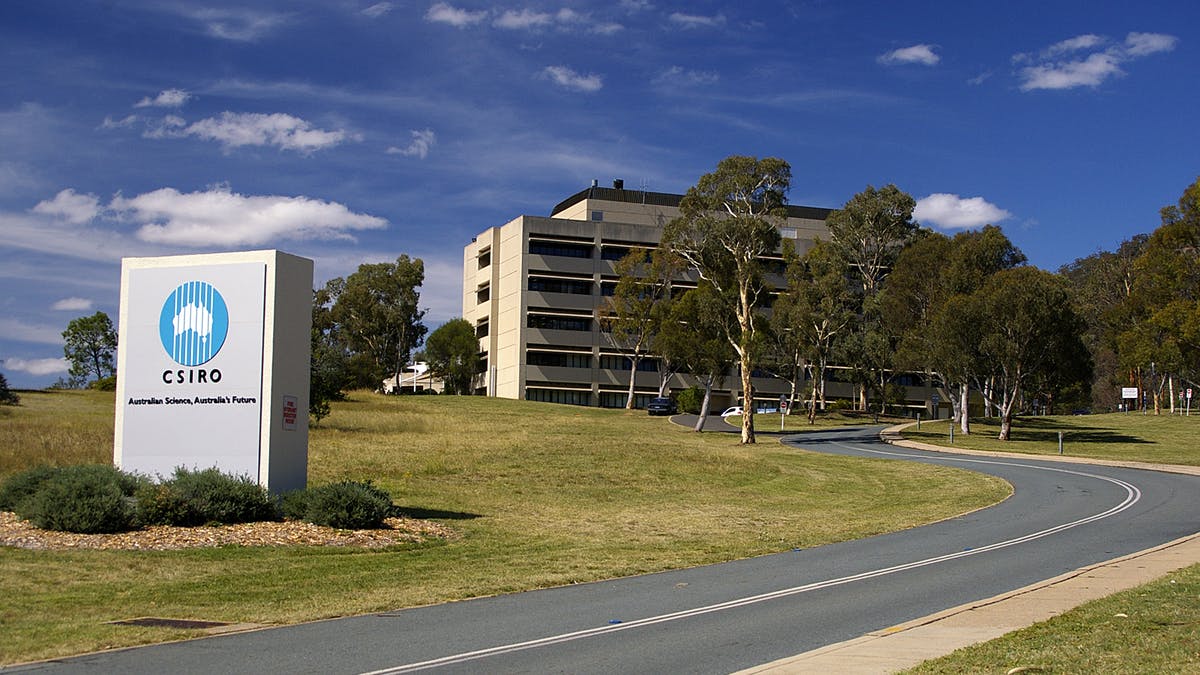Australia is a nation of inventors and entrepreneurs. In 1958, we invented the black box flight recorder.
A decade later, the cochlear implant was pioneered in a lab at the University of Melbourne.
More recently, we’ve seen a proliferation of Australian-made tech giants — from fintech darling Afterpay to $55 billion graphics software startup Canva. Historically, Australian innovation has never been isolated to a certain sector and it’s a trend that continues to this day.
Successful companies in today’s tech landscape are ones that tap into the expansive potential of SaaS, developing wide ranging technology platforms unbound by specific industries or current needs. Australia is a global leader in SaaS, especially for SMEs. The nation’s tech sector has developed from an inconspicuous branch with little activity to a thriving hub of people and investment.
Which begs the question — what comes next?
Well, the best way to predict the future is to create it yourself — something Australians have proven to be extraordinarily adept at. There are a number of factors driving the Australian tech industry to reach its real world-class potential. Arguably the most significant one at work here is our entrepreneurial DNA.
The evolution of entrepreneurial DNA
Traditionally it has been perceived that Australia has struggled to build global businesses. Justifications for this view have included the tyranny of distance from European and North America markets and the limitations of a relatively small domestic market. However, from what I have observed such elements don’t, or certainly no longer hinder Australian tech businesses, but in fact become key factors that lead to material competitive advantages.
With a relatively small population size, Australians are taught from very early on to be outward looking. The modern Australia is largely an immigrant nation, bolstered by significant migration from Europe and Asia post each of the two World Wars.
From the get-go, Australian DNA was embedded with curiosity and pragmatism. And this fed into a robust entrepreneurial spirit, spurred by those who came here looking to create something; to build a better life for themselves.
Looking at Australia’s tech ecosystem, where 98% of Australian tech firms are young start-ups and sole traders, it’s clear that these entrepreneurial credentials translate. In fact, Australia’s innovation skills are one of the major reasons cited by investors for investing in Australia, with Australia ranking 6th in the world for global entrepreneurship in Austrade’s Why Australia Benchmark Report 2021.
A nation of self starters
This strong entrepreneurial class has only served to bolster the Australian tech sector. We lack the rivers of capital that are prevalent in other markets. To survive and endure, a founder must build an amazing business quickly to gain traction and then to attract capital.
This is what sets Australian tech apart — we build better businesses early on as a survival mechanism. A recent Australian Innovation System Monitor (AISM) report finds that “innovation-active” firms are twice as likely to report increased productivity. More than half of Australian companies fall into this category.
For an example a little closer to home, we needn’t look any further than SafetyCulture’s founding story. When the company first started out, its office consisted of a garage in regional Australia.
There was no network of fellow technology founders to draw on, nor was there ready access to capital. Traditional lenders were reluctant to loan money as there were no assets to speak of. Founder and CEO Luke Anear engineered success simply with a small team and a great idea.
And the hard yards paid off. What started out as a checklist app has grown exponentially — it’s now a unicorn, with a platform offering that companies worldwide can use across a myriad of industries and workflows.
We’re seeing similar returns across the Australian tech landscape. The likes of SafetyCulture, Canva, Airtasker, CultureAmp and Atlassian are all great examples of Australia’s entrepreneurial spirit at work. These are the companies that build products for the world to consume.
In the same way that B2B tech has unlocked unexpected and expansive applications across a wide range of industries, innovation today shouldn’t be bound by countries, sectors or even current needs. By their very nature, tech businesses are global entities. In fact, 80% of SafetyCulture customers are outside of Australia.
Of course, it is hard to predict exactly what innovations will arise in the future. But it’s important not to lose what got us here in the first place — an entrepreneurial spirit and global mindset will be our path forward in this fast-evolving area. It’s in Australian DNA to give everyone — and every idea — a fair go, and in doing so we can ensure our tech landscape stays ahead of the curve and creates its own digital future.
Keep up to date with our stories on LinkedIn, Twitter, Facebook and Instagram.

